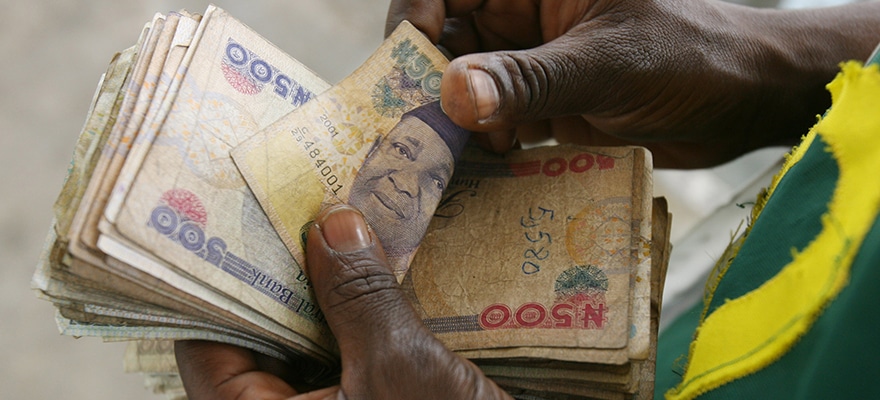Coinfirm, a London-based Blockchain startup, has launched a new anti-fraud blockchain network in Africa, via a partnership with KAD ICT Hub, a technology centre in Kaduna, Nigeria.
Paid for Reporting
The initiative is being launched at the 'Africa Blockchain Lab', which the two partners opened in August 2018. Its main goal is promoting financial inclusion, which is an issue in Africa, where large numbers of people do not have bank accounts.
The anti-fraud network takes the form of a subgroup of Coinfirm's AMLT Network.
The main feature of the AMLT Network is that it encourages members to report suspicious cryptocurrency addresses. Coinfirm will then investigate the claim, and if bad behaviour such as fraud is found, it will block that address from the network.
Members of the network earn tokens (AMLT) by supplying data - not just about suspected fraudsters, but also positive data on trusted parties. The AMLT token has a market capitalisation of $1.5 million, according to coinmarketcap.com.
According to the press release, an anti-fraud initiative is particularly important in Africa because many people are inexperienced in financial matters.
Paweł Kuskowski, CEO of Coinfirm, said: "Our goal is to increase awareness of not only the threats, but also the way these threats can be eliminated."
Nigerian Princes
In Nigeria, which has a population of more than 190 million, people have become increasingly interested in using cryptocurrency as the national currency has been losing value for five years; an average of $4.7 million worth of Bitcoin was purchased weekly in January, according to CCN.
On the other hand, the late Sergei Mavrodi, the famous Russian scam artist, found considerable success in Nigeria more than once. And that is not to mention all those poor princes that just need a small amount of capital to release their fortunes.
The first stage of the network launch involves training courses to be held over the next 12 months. The courses will teach people how to avoid being scammed, and how to use the AML Network.
Yusuf Bashir, CEO of the KAD ICT Hub, said: "We will change the narrative from the negative perception of Africa being a hub for online fraud to a positive one with Africa taking the lead in fighting online fraud therefore helping to build a safer cryptoeconomy."
Coinfirm, which also has offices in Warsaw and Toruń, took on an $809 billion hedge/investment fund called SEI as a member in September 2017 and more recently signed PKO Bank Polski up to the network too. The latter has approximately five million customers, whose data will now be available to the network.


















